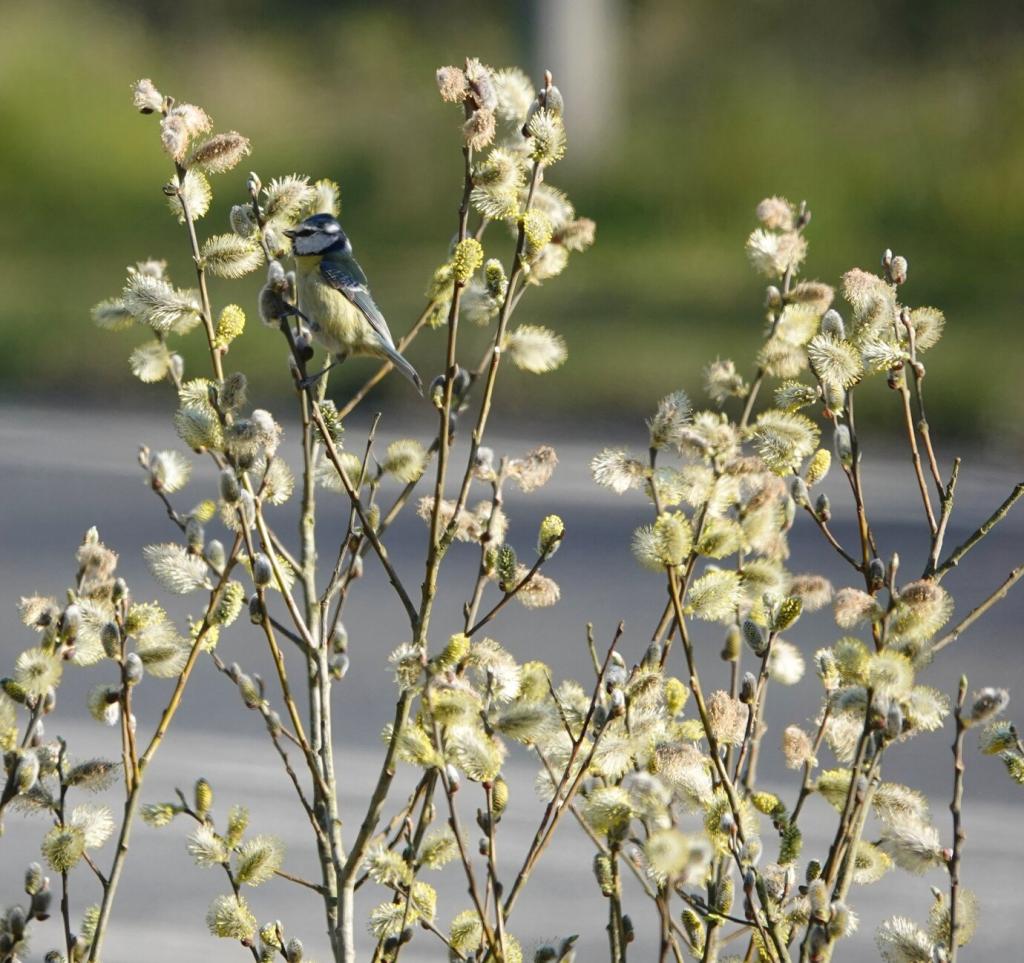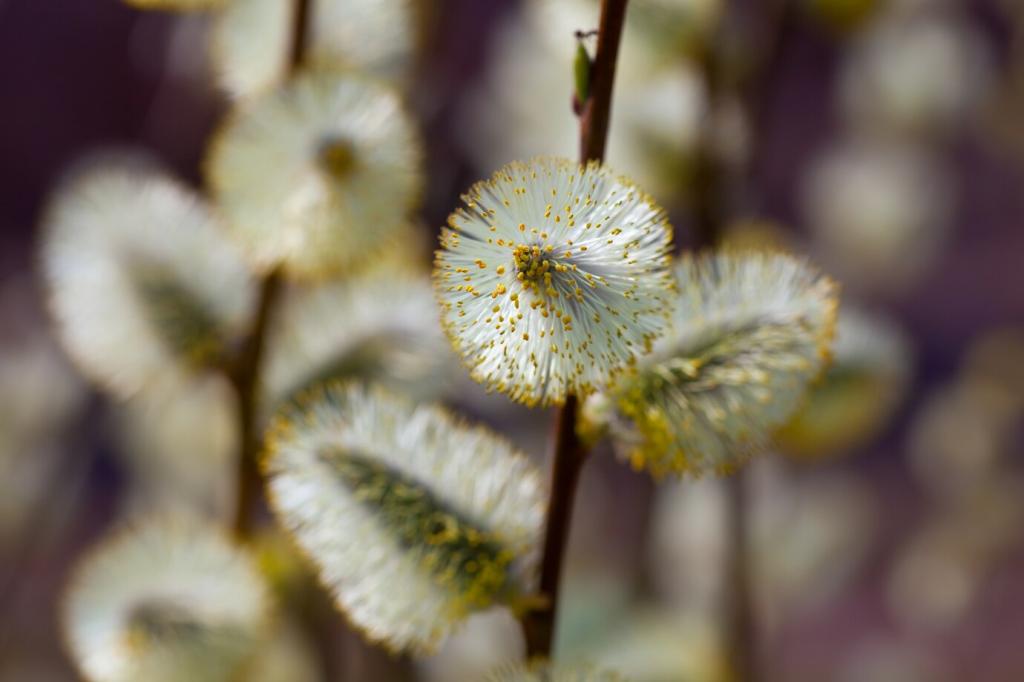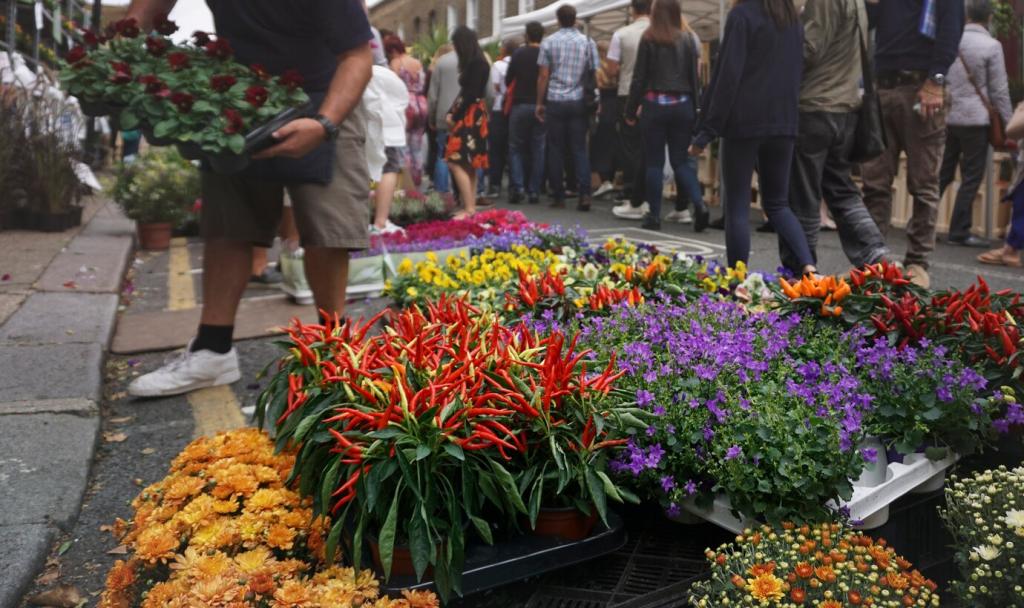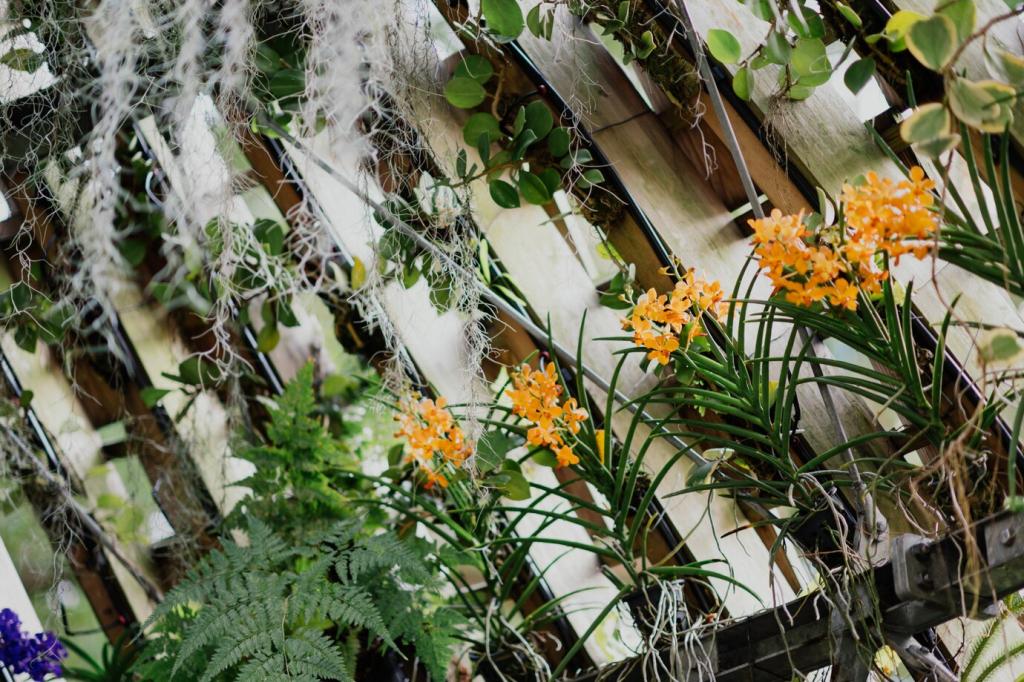
Creating Green Oases: Beekeeping's Impact on City Life
In bustling urban landscapes, the concept of city living is often synonymous with concrete, noise, and a sense of detachment from nature. However, a subtle yet profound transformation is underway. Urban beekeeping has emerged not only as a sustainable hobby but as a vital movement reshaping city environments. From invigorating local ecosystems to fostering community connections and environmental awareness, beekeeping is quietly creating lush green oases amid metropolitan settings. This page explores the many ways in which urban beekeeping is redefining the relationship between people and their urban habitats.
Revitalizing Urban Ecosystems
In an environment where green spaces are often limited, bees bring a dynamic force to urban flora. Their pollination efforts ensure that flowers bloom with vigor and a wide range of plant species persists season after season. This accelerated plant growth not only creates more visually appealing neighborhoods but also provides essential habitat for other urban wildlife, such as birds and beneficial insects, perpetuating a natural cycle often stunted in city life. Bees, therefore, act as catalysts for broader ecosystem resilience, enhancing the quality and variety of greenery across the cityscape.

Building Community Through Beekeeping
Beekeeping in the city naturally lends itself to education, encouraging residents of all ages to learn about pollinators, plant life, and ecology. Workshops and hive visits transform abstract environmental concerns into tangible experiences. Children and adults alike get to observe bees’ intricate behaviors firsthand and appreciate their indispensable role. Through such programs, participants often develop deeper respect for nature and a sense of shared stewardship, setting the stage for broader advocacy and action for urban sustainability.
Previous
Next
Promoting Urban Health and Wellbeing

Enhancing Air Quality
Lush plant life, supported by robust pollination, contributes to cleaner air in cities. Plants absorb pollutants and produce oxygen, mitigating the negative effects of traffic and industry. Bees, by supporting the growth and reproduction of these plants, indirectly help improve air quality. As pollinator-powered vegetation increases, so does the natural filtration of airborne toxins. This leads to healthier lungs, reduced respiratory illnesses, and more opportunities for residents to enjoy time outdoors—a quiet but profound benefit of urban beekeeping.

Reducing Urban Stress
Green spaces have been proven to reduce psychological stress and improve emotional wellbeing. The gentle hum of bees, fragrant blossoms, and vivid greenery create tranquil havens amid the city’s rush. These oases provide a place for mindfulness, relaxation, and connection with nature. For office workers, children, and the elderly especially, tending to hives or simply watching bees at work offers a restorative escape from screens and sirens. Beekeeping, in this sense, becomes a form of urban therapy, transforming the city into a more nurturing place to live.

Encouraging Sustainable Lifestyles
Frequent exposure to green oases and the work of bees inspires city dwellers to adopt more environmentally friendly habits. People become more inclined to compost, plant native species, and support local food production. Urban honey, with its unique flavors and transparency of origin, often awakens interest in sustainable consumption. Over time, beekeeping acts as a gateway to deeper engagement with ecological living—encouraging choices that are both healthier for individuals and more sustainable for the planet as a whole.
